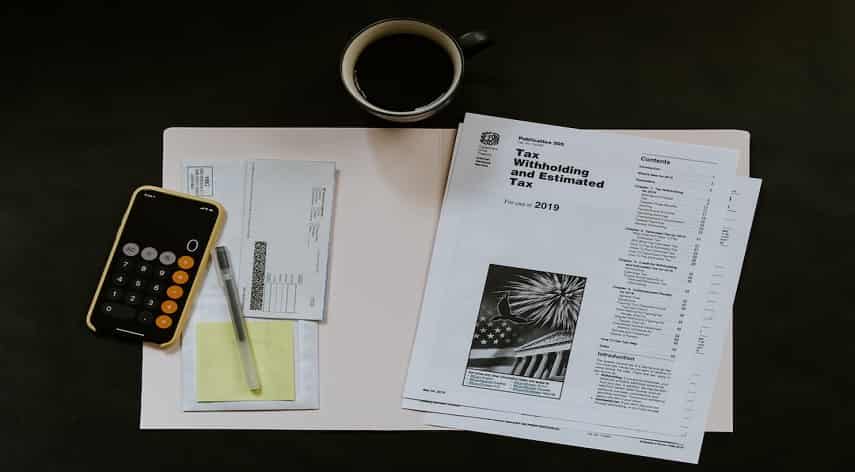Bookkeeping vs. Accounting: What Are the Differences?

You know that you need to find an accounting firm for your company. But you’re still not sure whether you need an accounting or bookkeeping service.
There’s a distinct difference between the two, how can you tell which one you need? Both accounting and bookkeeping are essential to the success of your business. Figuring out what you need and how both will benefit you can help you determine which one you need.
Not sure what they are? Read on to learn the differences between bookkeeping vs. accounting.
Table of Contents
ToggleThe Key Differences Between Bookkeeping and Accounting
Bookkeeping and accounting are often confused because they both deal with financial information. But there are key differences between the two professions.
Bookkeepers are responsible for recording all the financial transactions of a business. These include sales, purchases, receipts, and payments. They also maintain financial records, such as ledgers and journals.
Accountants are responsible for interpreting, classifying, and reporting financial information. They also provide advice on financial planning and taxes.
So, while bookkeepers keep the financial records of a business, accountants provide analysis and advice on those records.
The Benefits of Bookkeeping
What is bookkeeping? Bookkeeping focuses on recording financial transactions. Bookkeepers work with a narrower range of financial data than accountants. They work on a shorter time horizon than accountants. They focus on daily or weekly transactions rather than long-term planning.
Despite these differences, bookkeeping can be a critical tool for small businesses by recording transactions on a regular basis. Bookkeepers can help business owners track their financial performance. These can help make informed decisions about where to divide resources.
Additionally, bookkeepers can often provide valuable insights into trends and patterns. These pieces of information may not be immediately clear from raw financial data.
The Benefits of Accounting
What is accounting? Accounting provides critical information about a business’s financial performance and health. While both are important for any business, it has many benefits. These benefits make it essential for any business owner or manager.
This can help to make important decisions about where to divide resources. And how to grow the business. It can also help identify financial risks and opportunities. They can provide information to help negotiate loans and investments.
When to Use Bookkeeping vs Accounting
Both bookkeeping vs. accounting is essential to running a business. But when it comes to deciding when to use each one, it depends on the needs of the business.
If a business needs to keep track of its financial transactions. Bookkeeping will suffice. If a business needs to provide information about its financial transactions. Accounting is necessary.
Some businesses may choose to do both bookkeeping and accounting internally. Read here to learn more.
Bookkeeping and accounting are two different but important business functions. Bookkeepers keep track of a company’s financial transactions. While accountants use this information to produce financial statements and reports. Both bookkeepers and accountants are essential to the success of any business.
Bookkeeping vs. Accounting – Which One is Right for My Business?
If you’re thinking about starting your own business or if you’re already running one. It’s important to understand the difference between bookkeeping vs. accounting. Hiring a professional bookkeeper or accountant can help you ensure that your business is running smoothly and efficiently.
Don’t forget to browse our site for advice on business, marketing, services, and more.
Alfred Williams, a distinguished business writer, navigates the corporate landscape with finesse. His articles offer invaluable insights into the dynamic world of business. Alfred's expertise shines, providing readers with a trustworthy guide through the complexities of modern commerce.
Recommended For You
Spread the loveIn the ever-expanding digital landscape, online trading platforms have become a staple for savvy consumers looking to explore
Spread the loveDo you find tax season overwhelming? You’re not alone. But don’t worry; our article on tax checklist essentials has you
Spread the loveNavigating the world of document signing and validation can be perplexing. This is especially true when it comes



